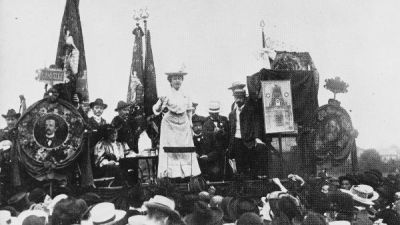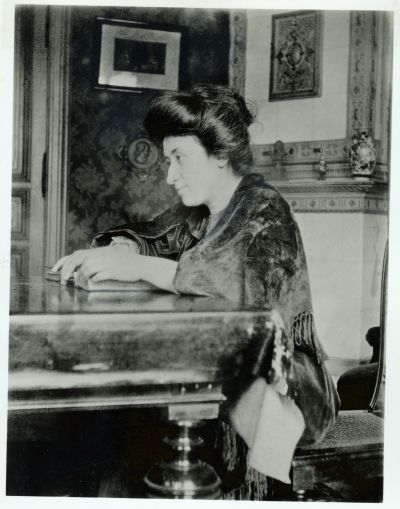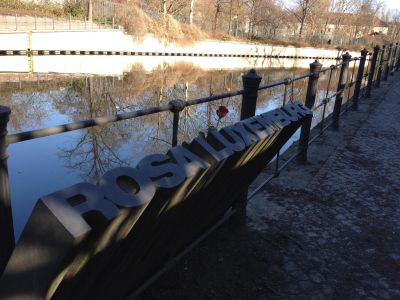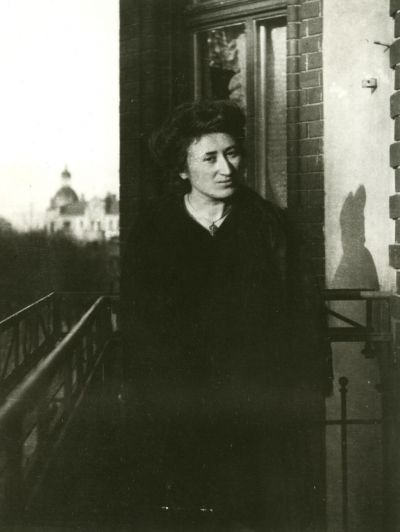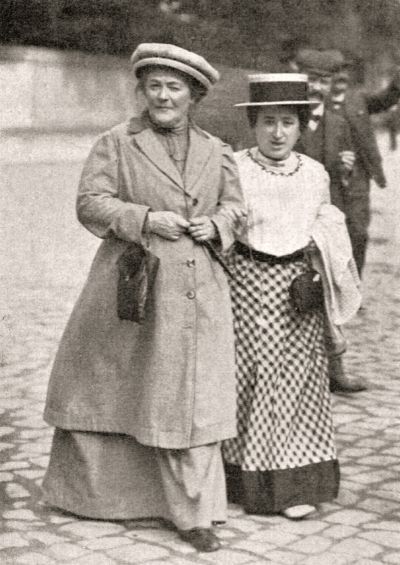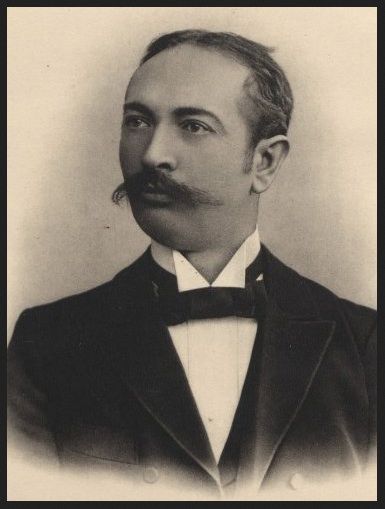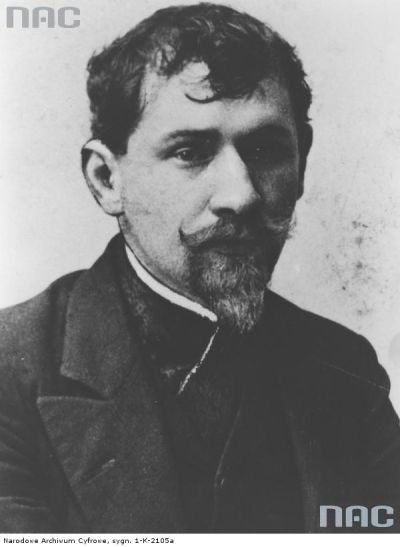Rosa Luxemburg
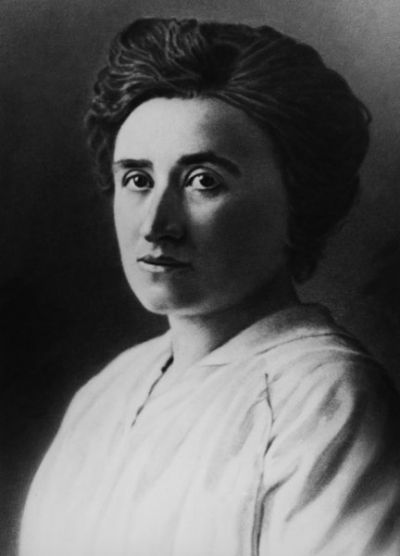
In 1907 she attended the party conference of the Russian social democrats in London, and the congress of the “Second International” in Stuttgart. In 1907 she began to teach Marxism and economics at the SPD Party School. On 25th September 1913 she appealed to a crowd of hundreds of thousands at an anti-war demonstration to refuse to enlist in the armed services or obey orders. “If we are told to take up murderous weapons against our French or foreign brothers we shall declare: No, we refuse to do so!”. As a result she was condemned to one year in prison for “stirring up disobedience to the law and orders of the authorities”.
On 4th August 1914 the SPD in the Reichstag voted in favour of taking out a war credit, thereby enabling conscription to take place. Thereupon the pacifist Rosa Luxemburg accused the SPD of making a mistake with disastrous consequences. She regarded the “yes” vote as a vote for war. In the same year she joined forces with six other leftist members of the SPD to set up the “International Group”, from which the later “Spartacus League” emerged. In 1915 Rosa Luxemburg began her prison sentence in the Women’s Prison in Berlin. After her release she was taken into “preventive detention” (as it was called) on 10th July 1916 to “avoid endangering the security of the Reich”. This lasted until November 1918. Rosa Luxemburg was moved on two occasions; first to the Wronke fortress in the province of Poznan, then to Breslau. On 9th November 1918 the November Revolution reached Berlin: one day later Rosa Luxemburg who had just been released from preventive detention, entered the city. Here she dedicated all her powers to the November Revolution. Along with Liebknecht she co-edited the »Rote Fahne«, the organ of the Spartacus League, and at the turn of the year 1918/1919 she was one of the founders of the German Communist Party (KPD). After the January uprising had been violently suppressed Rosa Luxemburg and Karl Liebknecht were taken prisoner by the “Wilmersdorfer Bürgerwehr” on 15th January 1919, brought to the Adlon Hotel, the headquarters of the Freikorps paramilitary anti-communist guard and handed over to an officer by the name of Waldemar Pabst. They were then interrogated for hours and brutally mistreated. Whilst being taken from the hotel Rosa Luxemburg was murdered by members of the Freicorps, who tossed her body into the Landwehrkanal in Berlin.
All her life Rosa Luxemburg was committed to the cause of the international workers’ movement and fought for democratic socialism. She criticised Lenin and Bolshevism, and also took a critical view of the ideas in the Communist Manifesto by Karl Marx and Friedrich Engels. Her writings and opinions are still discussed seriously and make up the basis for left-wing ideas.
